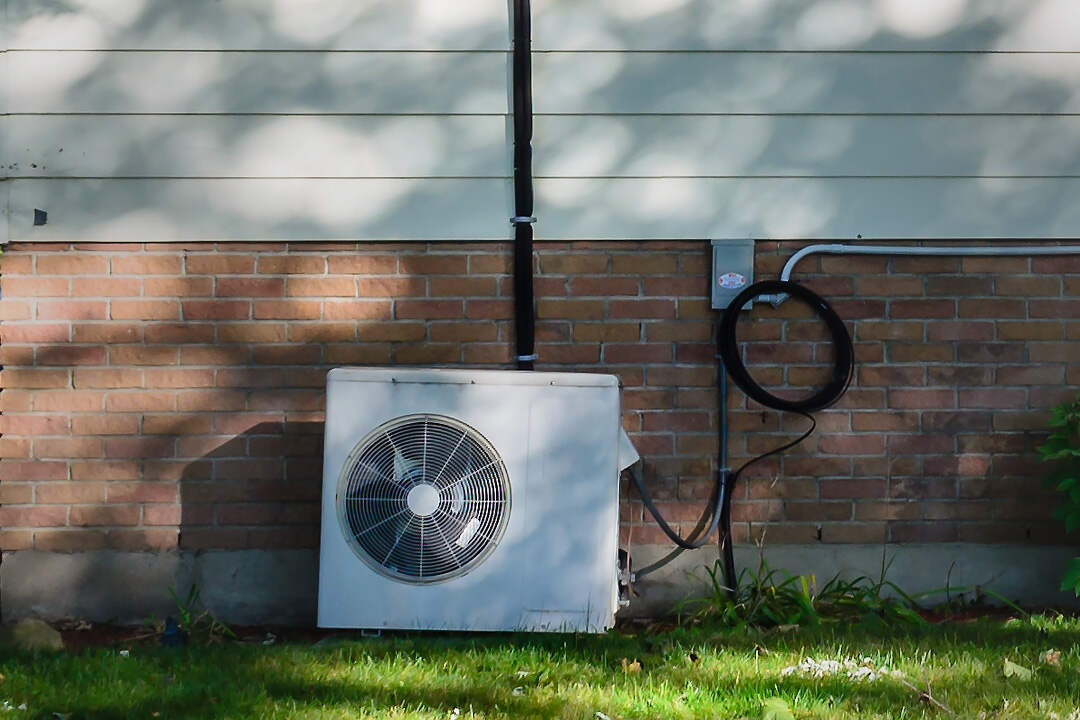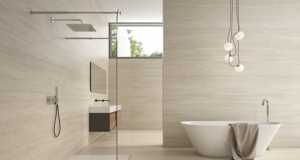

Alternative and sustainable heating solutions are gaining popularity as people around the world become more aware of the effects of climate change and the rising expenses of traditional heating techniques. Among these, air-to-water source heat pumps are proving to be a cost-effective and sustainable option. Grant Boilers offers air source heat pumps and free boiler grant for your homes, we will discuss what it is, how it functions, its advantages, and some related factors in this blog.
What is Air-to-Water Source Heat Pump?
An Air-to-Water Source Heat Pump is a type of heat pump that uses the heat energy in the external air to produce hot water for heating and household usage. These systems use a refrigerant-based cycle that effectively transfers heat, even in frigid locations, and offer a versatile and renewable heating solution.
How does an Air-to-Water Source Heat Pump work?
Air-to-Water Source Heat Pumps provide an energy-efficient and environmentally beneficial means of heating by utilizing the renewable heat energy associated with the outside air. This innovative method not only reduces greenhouse gas emissions but also helps reduce our reliance on fossil fuels for heating. Air-to-Water Source Heat Pumps are becoming an increasingly popular alternative for both residential and business heating needs as the world adopts sustainable practices, contributing to a greener and more sustainable future for future generations. Following are the processes that take place in an Air-to-Water Source Heat Pump.
Heat Absorption:
The process begins with the heat pump’s external unit absorbing heat from the surrounding air. Even in colder areas, there is still thermal energy in the atmosphere, which the heat pump can successfully collect.
Refrigeration Cycle:
The absorbed heat causes the refrigerant in the system to evaporate, converting it to a low-temperature, low-pressure gas. This phase change enables the heat pump to gather and store heat energy from the air more efficiently.
Compression:
The next stage is to compress the refrigerant gas, which significantly increases its temperature. Compression is an important aspect of the process because it increases the heat energy stored inside the refrigerant, allowing it to be used for heating.
Heat Exchange:
The heated refrigerant gas, now at a high temperature, transmits its heat to the water within the interior unit’s heat exchanger. The temperature of the water rises, giving hot water for both heating and domestic use. This heat exchange is an important stage in allowing the heat pump to deliver warmth to the appropriate location.
Expansion and Repetition of the Cycle:
Following the heat exchange, the now-cooled refrigerant flows through an expansion valve, lowering its temperature and pressure. This reduction in temperature prepares the refrigerant to re-enter the heat absorption phase, where it can take heat from the exterior air once again. As long as there is a demand for heating or hot water, the cycle will continue, delivering a continuous and sustainable heating solution.
Advantages of Air Source Heat Pumps:
Following are some advantages of an air source heat pump grant.
Energy Efficient:
Air-to-Water Source Heat Pumps are noted for their exceptional energy efficiency. They can produce up to four times the amount of heat energy that they consume, resulting in significant cost savings on energy bills.
Environmentally friendly:
By utilizing renewable heat from the air, these heat pumps emit little greenhouse gas emissions, decreasing their environmental impact and aiding in the fight against climate change.
All-Season Functionality:
Air-to-Water Source Heat Pumps may be operated in reverse during the summer months, successfully cooling indoor spaces as well, making them a versatile year-round comfort solution.
Reduced Reliance on Fossil Fuels:
Because these heat pumps run on electricity, they eliminate the need for traditional heating systems that use fossil fuels, lowering demand for such non-renewable energy sources.
Flexible Installation:
Air-to-Water Source Heat Pumps can be installed in various settings, including new constructions and retrofits, offering flexibility in application.
Is it a Good choice for you?
While air-to-water heat pumps have significant advantages, they may not be appropriate for everyone. Consider the following considerations to see if it is a good fit for you:
Climate:
Air-to-water heat pumps perform well in mild to moderate climates. Extremely cold places may have lower performance throughout the winter, although technological improvements are constantly enhancing their performance in colder conditions.
Space:
You’ll need enough outdoor space to put the heat pump unit, preferably in an area with good ventilation and little shadowing.
Cost:
As previously said, the initial cost of installing an air-to-water heat pump can be more than that of traditional systems, so it’s critical to evaluate your budget as well as possible long-term savings.
Energy Prices:
Assess the current and projected energy prices in your area to understand how much you could potentially save by switching to a heat pump.
Existing Heating System:
If you already have an energy-efficient heating system that’s relatively new, the benefits of switching to a heat pump might not justify the investment.
Air-to-Water Source Heat Pump Applications:
- Air-to-Water Source Heat Pumps are ideal for household heating, delivering comfort and energy savings for houses of all sizes.
- These heat pumps are also an ideal choice for heating bigger commercial facilities such as offices, schools, and retail malls, helping commercial sustainability efforts.
- The energy-efficient and cost-effective characteristics of these heat pumps can help certain companies that demand hot water for their processes.
- Air-to-Water Source Heat Pumps can be used to heat swimming pools, providing a more environmentally friendly alternative to typical pool heaters.
Conclusion:
Air-to-Water Source Heat Pumps provide an energy-efficient and environmentally friendly heating option by utilizing renewable heat energy from the external air. However, before deciding if an air-to-water source heat pump is the right fit, factors such as climate, available space, initial investment, energy prices, and the existing heating system should be carefully considered.


